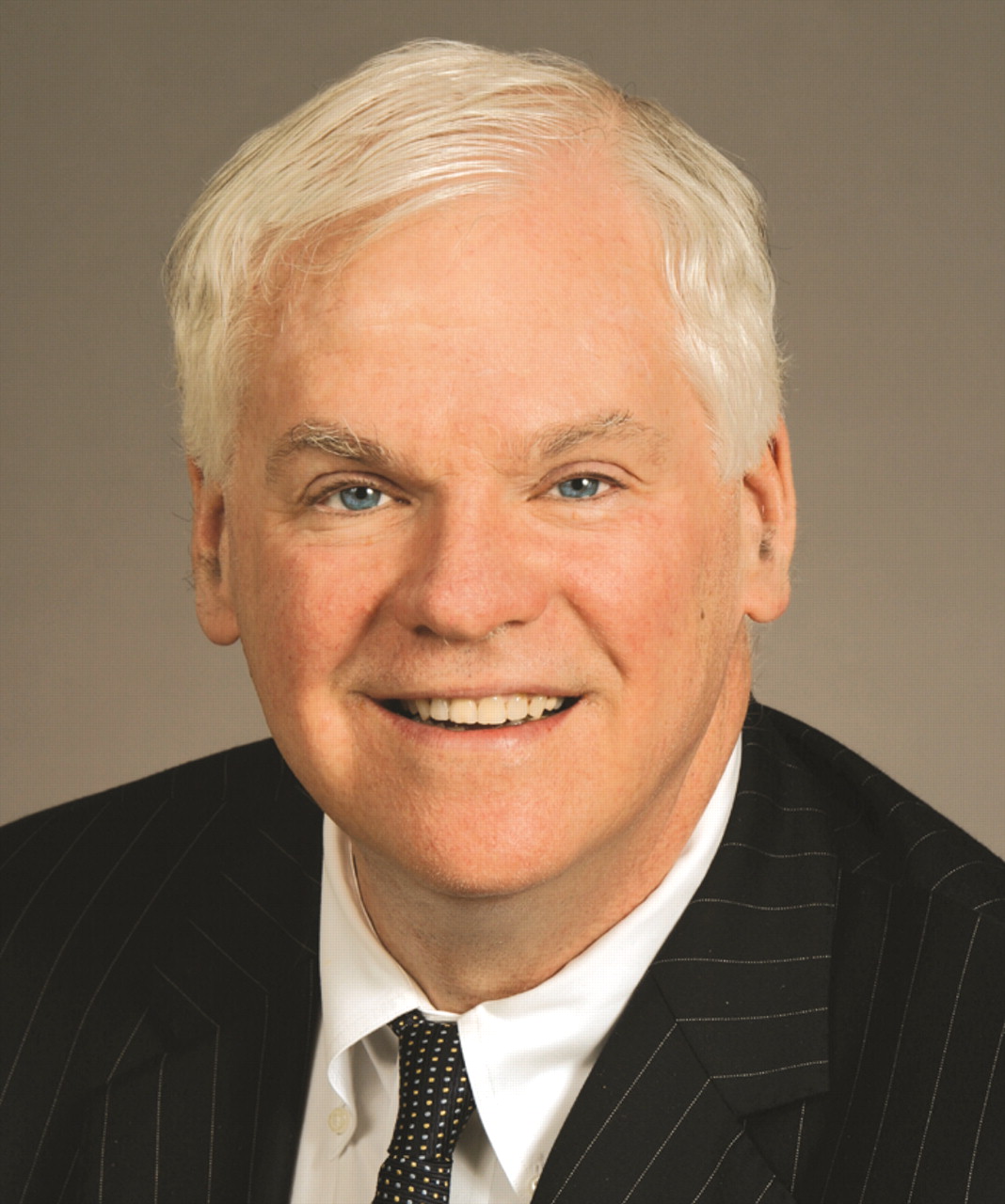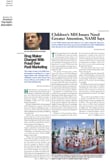APA members can look with satisfaction on all of its journals and publications. But now is an especially good time to take pride in Psychiatric Services, the monthly publication with a distinctive mission to serve the interests of psychiatrists and their patients in the public sector.
For 23 years, it has been under the caring and able editorship of Dr. John A. Talbott. Today it has a circulation of 24,000 and a growing international reputation: one-tenth of its manuscript submissions come from a country other than the United States.
Now, with John's retirement, the reins are being turned over to Dr. Howard H. Goldman, a nationally respected leader in mental health services and economics research. Regular readers of the journal will take heart in knowing that the exemplary path the journal has forged in these areas under John's leadership is already being continued and extended by Howard.
Much has changed in the landscape of public and community psychiatry, and the journal has changed with it. First titled Mental Hospitals, and later Hospital and Community Psychiatry, the journal has reflected the day-to-day challenges of public sector psychiatry while illuminating its future direction and opportunities.
Despite the changes in the field over the years, there has been a reliable constancy in the journal's dedication to “psychiatry in the trenches.” It has been a resource for expert information on deinstitutionalization, care in the community, treatment of schizophrenia and co-occurring disorders, homelessness and mental illness, and the results of many community-based demonstration projects. John brought a new academic rigor to the journal while maintaining and sharpening its focus and thematic clarity. He instituted a system of peer review for manuscripts and over time helped to define more clearly the journal's target audience. And it was during his tenure that the journal became an important outlet for publishing the findings of mental health services research.
Health services research looks at how the provision of health care“ hits the ground running,” how funding and the organization and configuration of services influence the treatment of patients. In the field of mental health, where public policy decisions have had an enormous—and often deleterious—impact on the provision of care for some of our sickest and most needy patients, mental health services research is an invaluable tool for discerning where the challenges and opportunities lie.
As Dr. Steven S. Sharfstein, APA's president-elect, said recently in a front-page article in Psychiatric News, “From science to public policy, [Psychiatric Services] became the resource for the clinician and administrator in the fight for resources and attention.”
Now, in Howard Goldman, the journal has an editor who can quickly fill John's large shoes and begin walking around in them.
Appointed by a search committee, Howard has been associated with the journal for many years and was a member of the Psychiatric Services Editorial Board from 1993 to 2001; he has also served as a peer reviewer and editor of the journal's State Mental Health Policy column.
Since the late 1970s, Howard has been a policy consultant and has been involved in numerous editorial activities. Most recently, he served as an advisor to President Bush's New Freedom Commission on Mental Health. In addition, he was senior scientific editor of “Mental Health: A Report of the Surgeon General,” for which he received the Surgeon General's Medallion. He served on the Task Force on Health Care Reform during the Clinton administration and has been elected to membership in the National Academy of Social Insurance and the Institute of Medicine.
Howard has been on the editorial boards of several journals in addition to Psychiatric Services, including the American Journal of Psychiatry and Health Affairs. He is the editor of five editions of Review of General Psychiatry, a text for medical students.
Howard will build on his predecessor's legacy by continuing to strengthen the scientific rigor of Psychiatric Services. Already he has expanded the review process to include columns, so that now virtually all of the content is peer reviewed. Readers may also look forward to more studies that are paired with the columns; in this way the journal can provide both empirical data and lengthier descriptions of service programs for clinicians who are designing and administering programs and demonstration projects.
Howard hopes to continue the practice of publishing articles and columns around a theme that is consistent over an entire year. And while services research is the heart of the journal, Howard looks forward to retaining the important clinical information that has always been available in its pages.
Finally, all of us at APA hope members will take advantage of the fact that Psychiatric Services is now available for free, as a benefit of membership. Members interested in receiving the journal can find the request form online at<www.psych.org/ps>. Just print out the form and complete it, then sign and fax as instructed on the form.
Psychiatric Services reflects with distinction on APA's mission and its members. Its past contributions to public and community psychiatry are a source of pride; its future is a promise of hope and excitement. ▪

